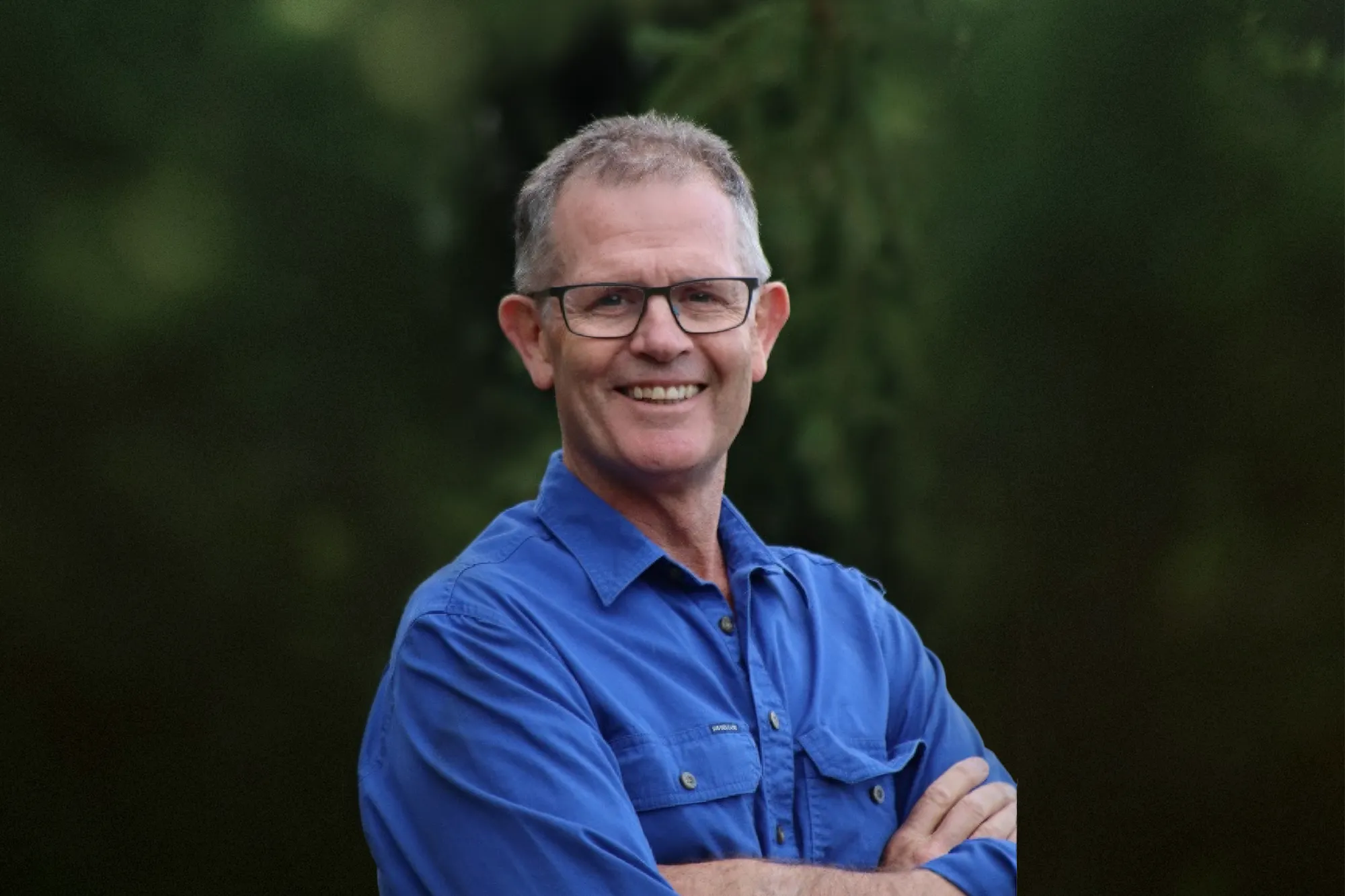Harvest Road Group launches mission to reduce carbon emissions

Western Australia’s largest beef processor, Harvest Road, has joined forces with industry and government to reduce the group’s carbon footprint and improve the sustainability of beef production.
Over the next 18 months Harvest Road will conduct a research program to map carbon emissions across its entire supply chain—including operations at the group’s pastoral stations and meat processing plant in Harvey—and identify opportunities for emissions reduction and sequestration.
The project is jointly funded by Harvest Road, Meat and Livestock Australia (MLA) and the Department of Primary Industries and Regional Development (DPIRD), with work to be completed by Integrity Ag & Environment.
Harvest Road General Manager of Agriculture, Kim McDougall, said the group wanted to set a positive example for the red meat industry as it seeks to become carbon neutral by 2030 (CN30).
“The industry needs leadership in this space, and I am proud to say Harvest Road is stepping up to the plate,” Mr McDougall said. “Carbon emissions and climate change are the biggest threat to our industry’s future so we must find ways in which we can operate sustainably.
“This is a once in a generation opportunity to get our production and environmental considerations aligned and set our industry on the right path.”
Over the next 18 months a report will be prepared by Integrity Ag & Environment to assess Harvest Road’s carbon footprint, with beef producers across WA engaged to understand their own environmental impact.
“Part of this project is to explore further opportunities throughout the WA beef supply chain to reduce emissions and sequester carbon,” Mr McDougall said.
DPIRD senior development officer Mandy Curnow said the project would provide first-hand insight into the supply chain’s contribution to carbon emissions.
“This will build our understanding of the whole of industry’s emissions, of which on-farm emissions are the largest sector,” she said. “Reducing emissions is emerging as an important requirement for customers and we want to ensure WA meat producers can pursue all global market opportunities and help achieve the state government’s goal of net zero greenhouse gas emissions by 2050.”
Integrity Ag & Environment are leading agri-environmental service providers, with lead consultant Dr Steve Wiedemann having worked on the first Australian beef carbon footprint analysis in 2006, and on dozens of projects since.
“This project is a great step forward for the Harvest Road group and the WA beef industry more generally,” Dr Wiedemann said. “You can only reduce impacts by knowing where your starting point is and achieving carbon neutrality by 2030 requires action today.”
Already underway is Harvest Road group’s first emissions reduction project — a covered anaerobic lagoon at the group’s Harvey Beef site in the south west.




